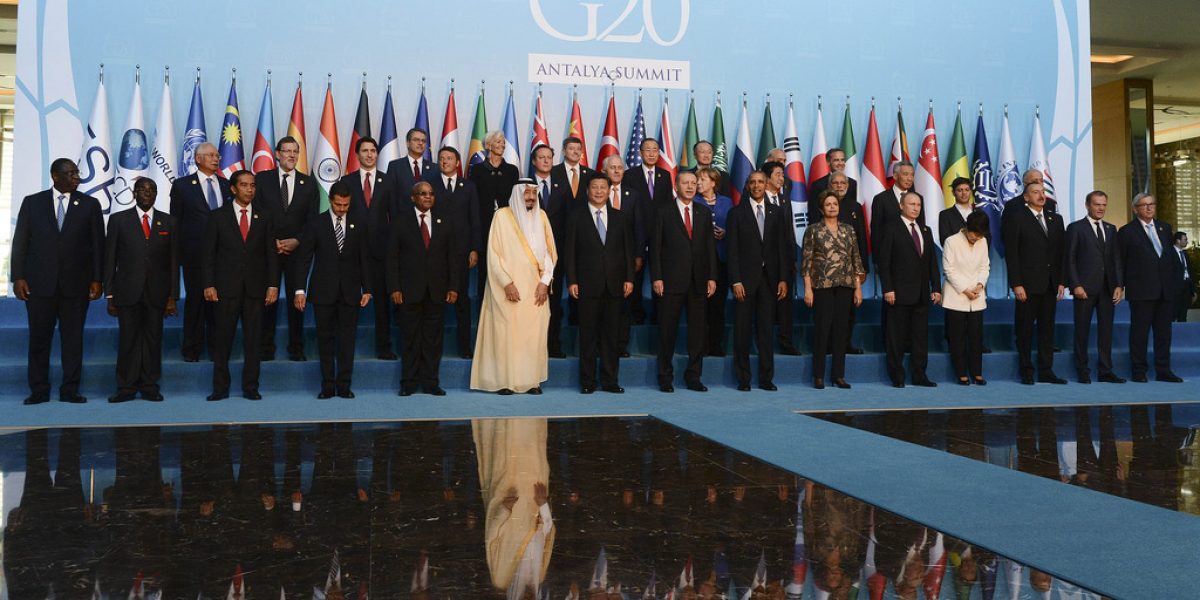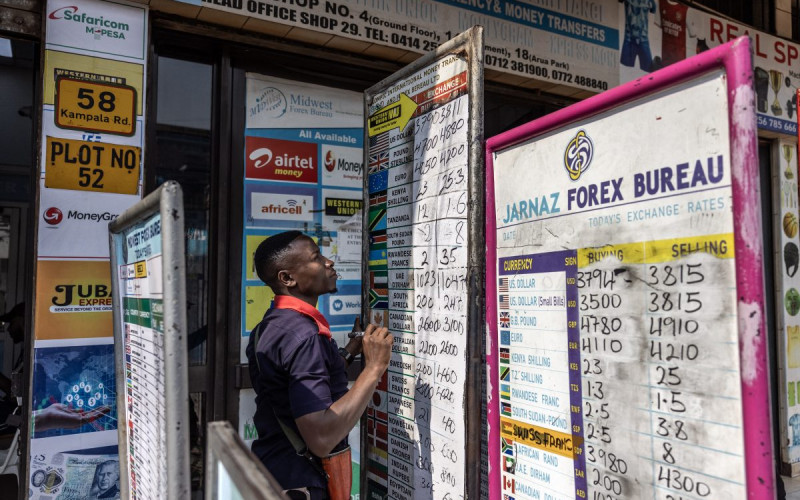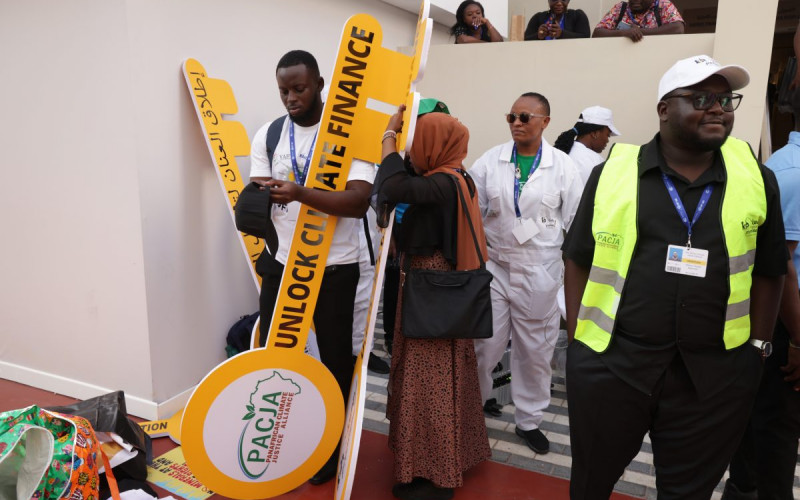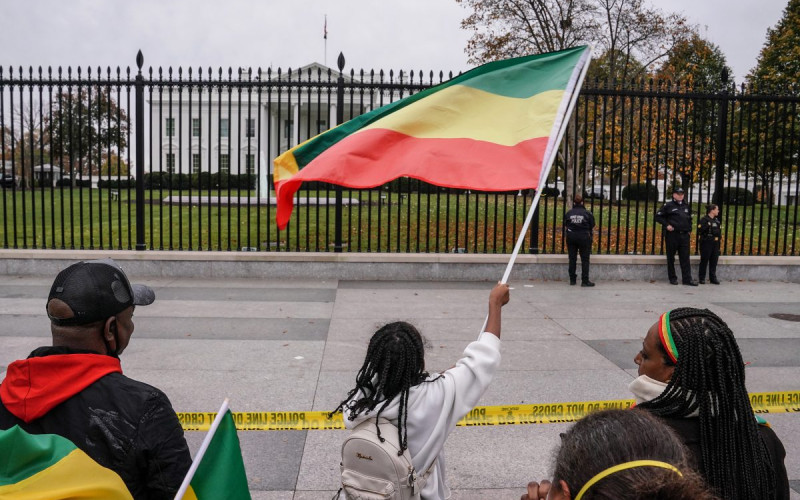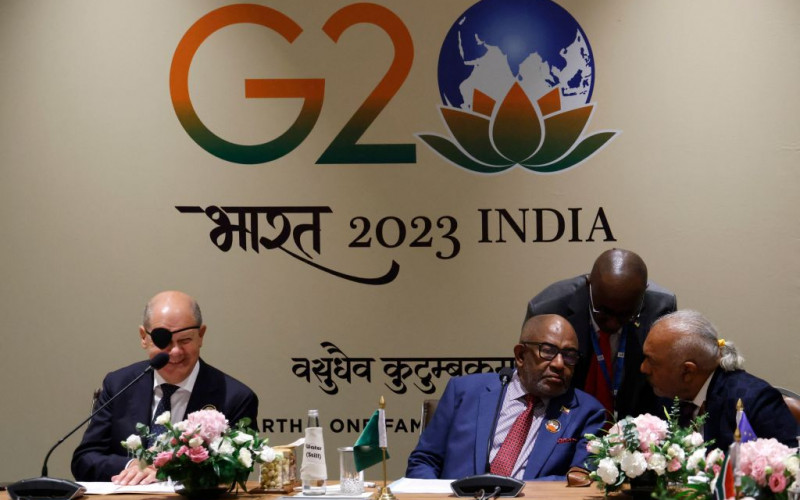Of these, inclusiveness and LIDCs are directly relevant to Africa. Now that the first quarter of Turkey’s G-20 presidency is over, it is a good time to assess its implications for Africa, and make recommendations for the next three-quarters ahead of the Antalya Summit.
Turkey has recently instituted a foreign policy of opening up to Africa, which has been carried out in a flexible and bottom-up fashion. This opening was then-foreign minister Ahmet Davutoglu’s personal initiative. As prime minister, he has stated that inclusiveness is one of the three priorities of the Turkish G-20 presidency. Turkey’s focus on LIDCs coincides with two long-term UN development initiatives that come into effect in 2015 – the new financing for development (FFD) agenda and sustainable development goals (SDGs). Turkey also plays a lead role in the UN’s ‘Programme of Action for the Least Developed Countries for the Decade 2011–2020’ (IPoA).
The G-20’s relationship with Africa is problematic on two counts. First, Africa is underrepresented in the G-20. Second, the G-20’s development agenda – under the Sherpa’s Track – lacks focus and, more significantly, is delinked from the G-20’s finance track.
Turkey’s LIDCs and Africa agenda is currently not based on a coherent narrative. Ahead of the Antalya Summit, Turkey can bring coherence to the G-20’s development agenda by establishing stronger links between the G-20 development agenda and the UN’s development agenda in 2015. Moreover, core G-20 agenda items such as infrastructure and trade can also be linked to the Africa agenda. Additionally, Turkey can advocate for the integration of African governments in the G-20 process.
Author: Ussal Sahbaz and Feride Inan

